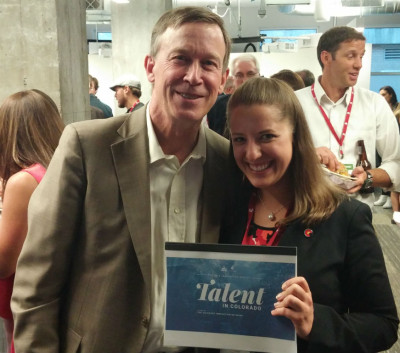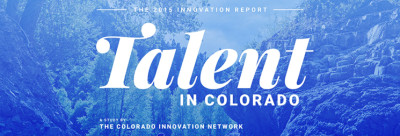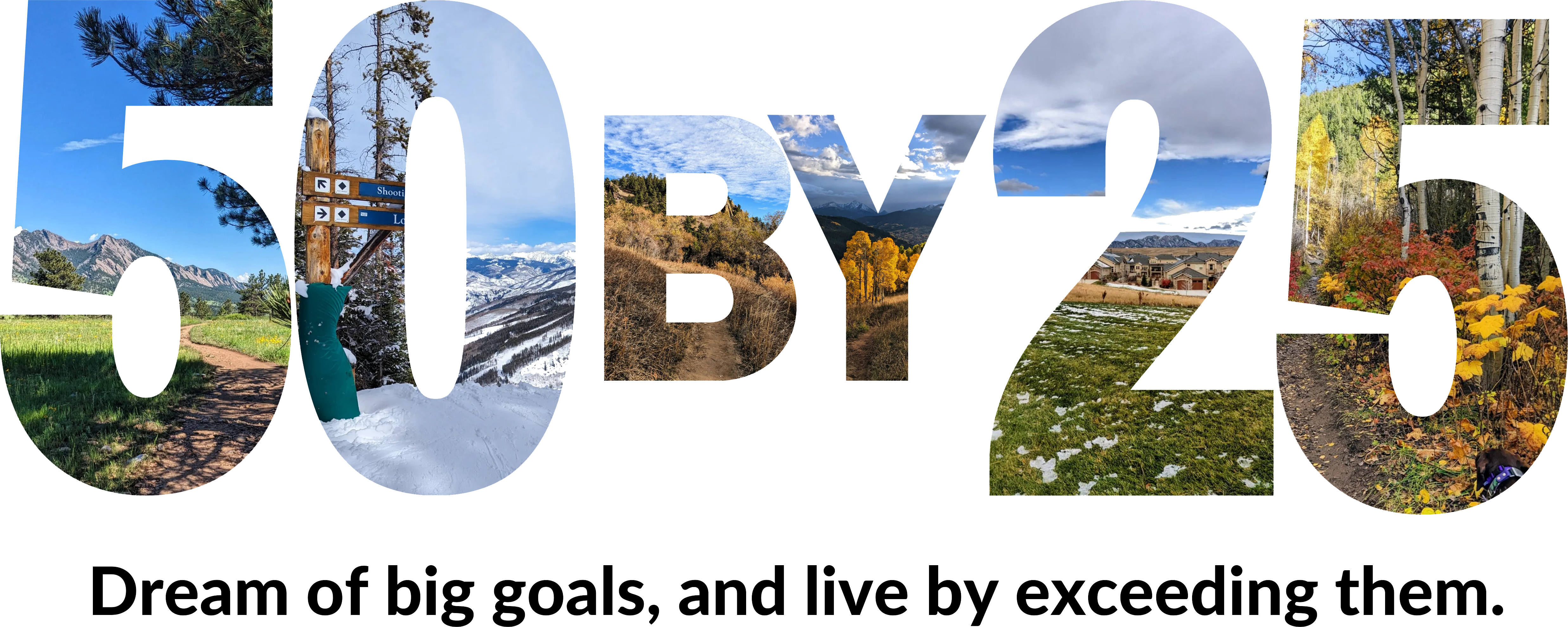I know that I’ve alluded to it a lot lately, but this was a really busy summer for me with work. I was working on several clients simultaneously, and just a few days after work on my last two projects concluded, I’m already staffed somewhere new. No breaks for me, but I’m okay with that – the work I’m doing lately is so awesome that I will give up as much vacation as needed to keep doing it!
Most of the consulting I do is confidential – we don’t really disclose either who our clients are or the work that we’re doing for them. I love when my projects have really tangible outcomes, but sometimes it can be frustrating not to be able to tell my friends and family exactly what I’m doing – especially when those projects are all over the news. But this summer, I got to work on a pro-bono initiative for the Colorado Innovation Network (COIN), which is a division of the State of Colorado’s Office of Economic Development and International Trade. Specifically, I got to write a report that was published with my name right on it – so with anonymity aside, I’m really proud to be able to share the fruits of my labor with all of you!

For the last few years, COIN has published an annual “innovation index” that looks at various stats and figures identified as markers for innovation. In the past, they’ve divided the report into four pillars of innovation: Talent, Ideas, Capital, and Entrepreneurship. This year, rather than updating last year’s stats, COIN decided to go a different way and instead publish a deep dive into the talent pillar… and I was lucky enough to be invited to author the report.
In order to write The 2015 Innovation Report: Talent in Colorado, I traveled all over the state to interview influential leaders in business, government, and the nonprofit sector. I was fortunate to get to know a lot of incredibly brilliant people in the course of writing the report, and some of their ideas and the research I did about the workforce of the future really surprised me and gave me new perspective. For example:
– Only 47% of Coloradans were born in-state; Colorado is ranked 5th highest among all U.S. states for net migration. I certainly know that Colorado is a great place to live (and think that everyone else should move here too), but it was neat to see that a lot of others agree with me and have migrated here as well!
– With all the talent in Colorado, it’s very possible to find a college-educated person to work at a job for which they’re overqualified… but if you’re hiring, say, a law school graduate to work as a fast food cashier, that’s just going to increase the likelihood that they leave for an opportunity that’s a better skills match. On the flip side, there are a lot of trade jobs that pay quite well and don’t require a college degree to succeed – so perhaps rather than encouraging everyone to go to college regardless of what they want to do, we should look at the European apprenticeship model and look for ways to remove the stigma from those who pursue alternate pathways to employment. Within Colorado, the governor has actually just created a commission to do just that! (But will I tell my own children they have to go to college? I could argue either side of that debate now, particularly since the cost of going to college can be so prohibitive as to lock someone into a job they don’t want just to be able to pay off their debt, rather than actually giving them the choices for which they went to college in the first place.) The debate between traditional and non-traditional education was one of the most fascinating parts of the report, and definitely something I hadn’t given much thought to before this summer.
– Millennials are now the most populous generation in the workforce – which means that their demands are here to stay and will need to be accommodated. Although I’m a Millennial myself, I had often looked at requests for flexibility as overly entitled (really, I prefer to think of myself as part of the Oregon Trail generation). So I was intrigued to see how flexibility can help an employer just as much as an employee, and just how many options there are for businesses to adapt flexibility policies for their own work environment. Key takeaway: as much as we like to be “fair”, implementing policies in a blanket manner doesn’t really do anyone any good.
Overall, this report was fascinating to write – and I am really intrigued to see its economic impact in attracting more businesses to the state of Colorado in the coming years.


Well, I’ll download this to my iPad and try to read a few pages every day (of that dense 110+ pages) and prepare a short response in a week or two….but the presentation of the document definitely has appeal!
I know it is a long report page-wise, but it was written such that there are only a few lines on each page, so reading it should (hopefully) not take too long! I really hope you enjoy it 🙂
I thought about this the other day. Do you have the URL of the podcast / radio show that you were interviewed for it??? If so, you should post it in the comments so people can see it!!
So proud of you.
Here is the link! http://www.cobrt.com/radio-blog/workforcecoin/tubbs